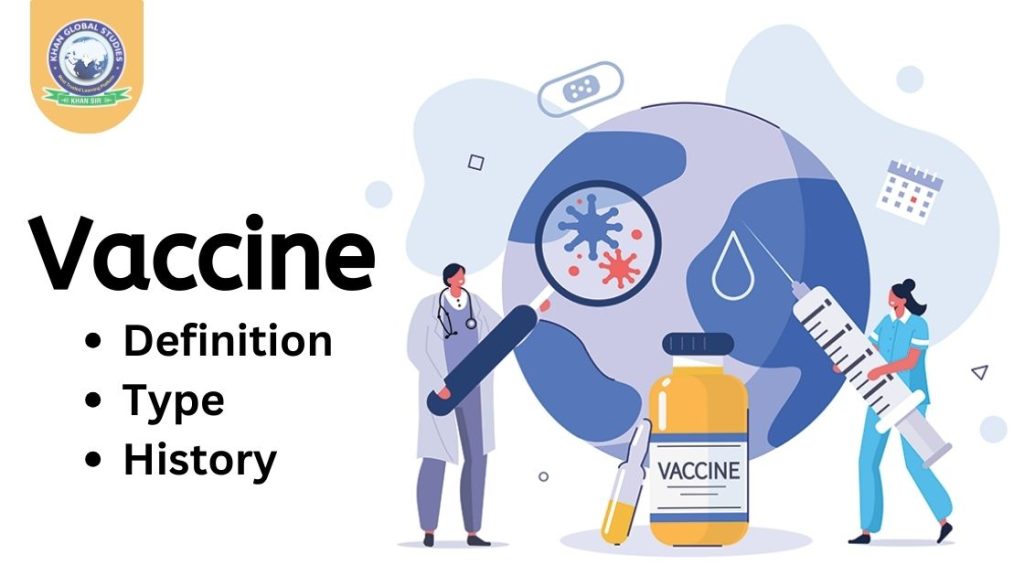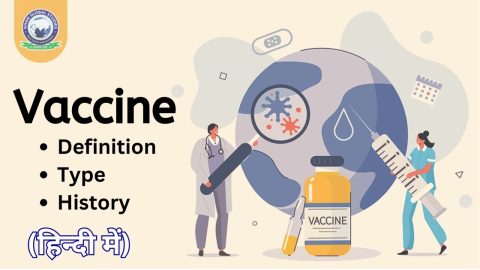Vaccines are one of the greatest public health triumphs in history. These biological preparations have saved countless lives by preventing infectious diseases. But how do vaccine work? What are the different types and how did they come to be?
What is the Vaccine?
A vaccine is a biological product that provides acquired immunity against a specific disease. Acquired immunity means that your body develops its protection against a particular disease. Vaccines typically contain a weakened or inactivated form of a disease-causing agent (such as a virus or bacteria), a part of that agent, or even a man-made version of a key molecule. When put into the body, the vaccine trains the immune system to recognize the actual germs and destroy it if it is later encountered.
Types of Vaccines
There are several types of vaccines, each working slightly differently:
- Inactivated vaccines: These use killed versions of the germ, so they can’t cause infection. Examples include vaccines for hepatitis A and influenza (inactivated flu shot).
- Live-attenuated vaccines: These contain weakened forms of the live germ. They provide strong immunity but may not be suitable for everyone, such as people with weakened immune systems. Examples include the measles, mumps, and rubella (MMR) vaccine and the chickenpox vaccine.
- Recombinant vaccines: These vaccines contain specific proteins from the pathogen, not the entire organism. Examples include the human papillomavirus (HPV) vaccine and the shingles vaccine.
- Toxoid vaccines: These vaccines target toxins produced by bacteria instead of the bacteria themselves. An example of this is the tetanus vaccine.
- mRNA vaccines: This is a new type of vaccine that uses genetic material (messenger RNA) to instruct the body’s cells to make proteins that mimic the germ, thereby triggering an immune response. COVID-19 mRNA vaccines are a prime example.
Vaccination History
The concept of vaccination is centuries old. Early practices in China and India involved exposing people to weakened forms of smallpox to gain immunity. Edward Jenner, an English physician, is credited with developing the first modern vaccine in 1796. He observed that milkmen who had contracted a mild disease called cowpox were immune to smallpox. Jenner then injected the pus from a smallpox blister into a young boy, successfully curing him of smallpox. Since then, vaccines have been developed for many diseases, dramatically reducing their global impact.
Vaccine Effectiveness
After Pasteur’s time, new vaccines were discovered extensively and intensively, and vaccines were created against both bacteria and viruses, as well as poisons and other toxic substances. Through vaccination, smallpox was eradicated worldwide by 1980 and polio cases declined by 99%. Other examples of diseases for which vaccines have been developed include mumps, measles, typhoid fever, cholera, plague, tuberculosis, tularemia, pneumococcal infection, tetanus, influenza, yellow fever, hepatitis A, hepatitis B, certain types of encephalitis, and typhus. However, some of those vaccines are less than 100% effective or are used only in high-risk populations. Vaccines against viruses provide especially important immune protection because, unlike bacterial infections, viral infections do not respond to antibiotics.
Facts about Vaccines
- Vaccines are safe and effective. They have been tested rigorously to ensure safety and efficacy.
- Vaccines are among the most cost-effective healthcare interventions. Vaccination programs save money by preventing disease and its associated costs.
- Herd immunity: When a large portion of the population is vaccinated, it protects those who cannot be vaccinated, such as infants or people with weakened immunity.
- Vaccines are constantly being developed and improved to combat new and emerging diseases.
Conclusion
Vaccines are a powerful tool in our fight against infectious diseases. By understanding how they work, the different types available, and their rich history, we can appreciate their importance in protecting ourselves and our communities.




